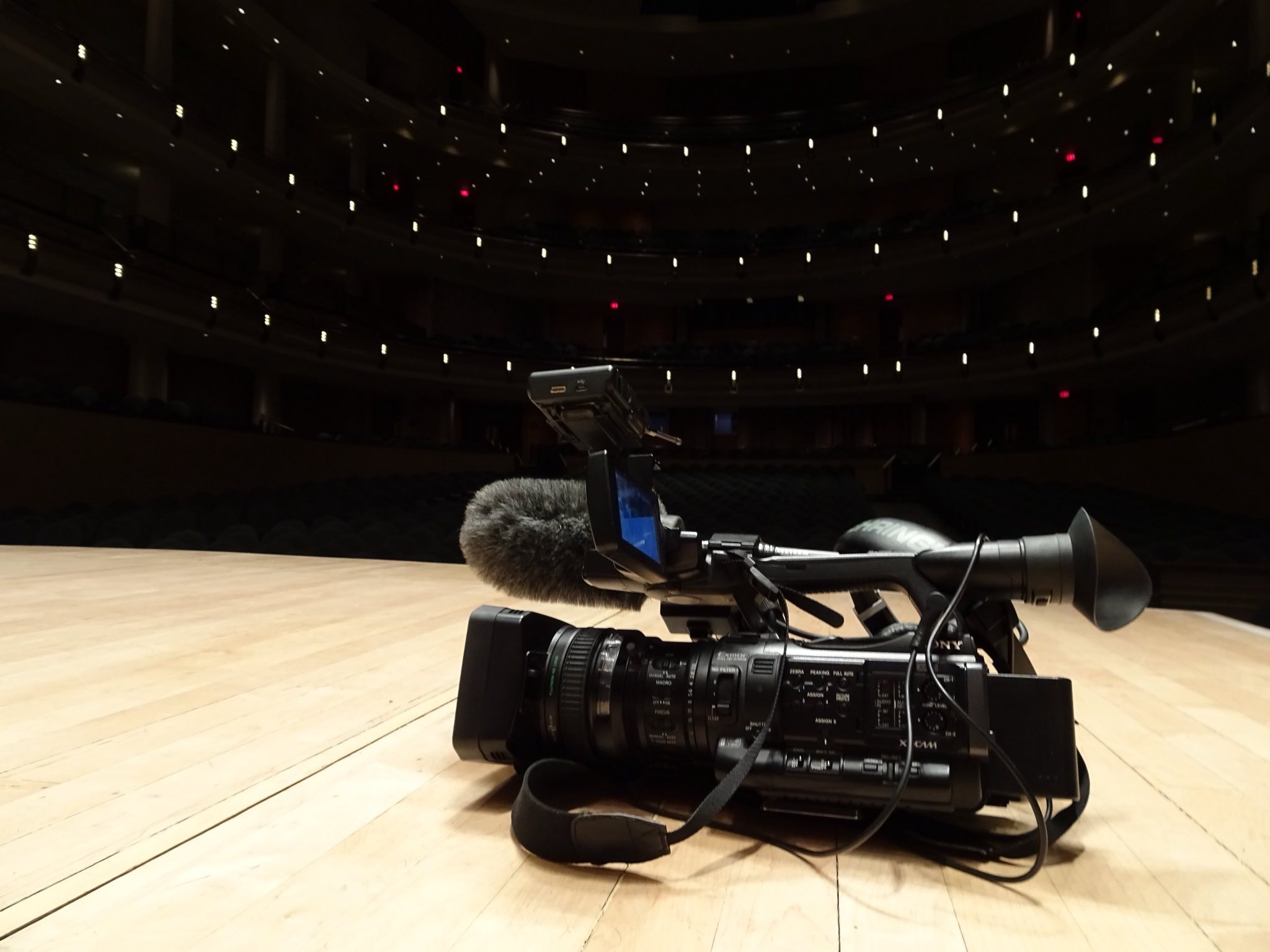Formation des délégué·es par région
Nous organiserons au moins une formation de délégué·es par région : Pacifique, Atlantique, Nord du Canada, Ouest du Canada, Ontario et Québec. Ces formations, menées par des membres organisateurs et organisatrices, seront adaptées aux méthodes existantes de la Guilde tout en mettant l’accent sur la mobilisation collective, et non seulement sur les tâches administratives habituelles. Elles seront complétées par des formations virtuelles, et nous ferons tout pour offrir des sessions en personne dans les régions moins peuplées.
Le SCA-Canada, notre syndicat affilié, fixe comme objectif un·e délégué·e pour dix membres, et nous visons le même but.
Nous ciblons nos formations pour rejoindre les groupes sous-représentés, comme les technicien·nes et les pigistes, et adapterons nos formations aux réalités des membres marginalisé·es.
